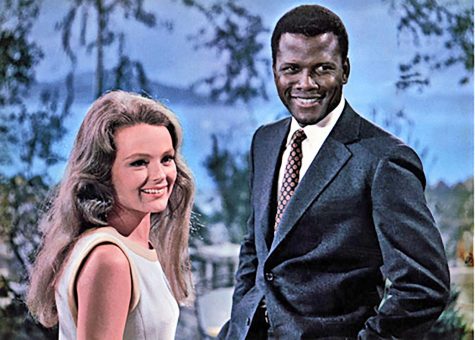Sufjan Stevens pushes sonic boundaries
There’s a false sense of security emanating from “Futile Devices,” the first track on Sufjan Stevens’ new album, “The Age of Adz” (pronounced “odds”). The piano, hushed vocals and plucked guitar notes recall the qualities of what made Stevens a godhead figure in the indie community. But those expecting to revel in the singer-songwriter’s folksy orchestrations for next 75 minutes will be taken aback upon hearing the first minute of “Too Much.”
Gone are the days of Stevens as a banjo-carrying bard, as his Americana-infused sound has been traded in for synths, break beats, and even autotune. While it will undoubtedly anger those who want more of the artist they discovered in “Little Miss Sunshine,” “The Age of Adz” is an excellent case study of a man utilizing all of his strengths in order to keep his creativity intact, while pushing his sonic boundaries in the process.
While the album was partly inspired by Royal Robertson, an artist with paranoid schizophrenia who believed that he had divine visions of the future, many of these same songs can be interpreted as Stevens turning his gaze inwards, as some lyrics are extremely personal. For example, on “Vesuvius” Stevens finds a parallel to his own life in the volcano that destroyed the ancient city of Pompeii. He then contemplates suicide on “I Want To Be Well.” All of this comes from the same man who is most well-known for driving to Chicago in a van with his friends. While the tone and point of view may have changed from his wistful narratives, Stevens’ nuance and attention to detail is still intact, as his words are rife with the imagery and symbolism that he has become revered for.
After multiple listens, the initial shock of hearing Stevens delicate voice amidst the messy wash of electronic sounds and mechanized beats disseminates, and you are left with an album that is filled with intricate, deep arrangements and some exceptional performances on Stevens’ part. Over a soft piano, an auto-harp and eerie choir harmonies, he delivers one of the best vocal turns of his career on “Now That I’m Older.” He sings with a sense of remorse and sadness that is nothing short of breathtaking, and the song creates a mood that is guaranteed to leave a lump in the listener’s chest.
The sprawling, and testing, 25-minute closer “Impossible Soul” contains so many instrumental layers and musical movements that one can only marvel at Stevens’ ability to keep your attention for almost a full half hour, not to mention the thought process that went into writing the song. It is proof that no matter the mode of expression, be it with an acoustic guitar or a work station, Stevens is a supremely gifted artist that can make artistic risk look carefully calculated and intentional. “The Age of Adz” may not please everyone, but then again, not all great works of art do.





